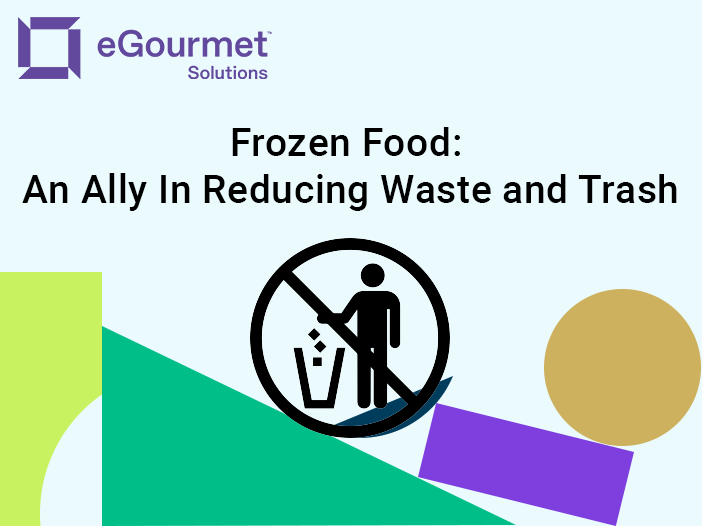
Food waste is a significant global issue with staggering environmental, economic, and social implications. In the United States, food waste reaches alarming levels, contributing to greenhouse gas emissions and squandering valuable resources. However, the utilization of frozen food offers a promising solution to combat this problem. Not only does frozen food result in less waste compared to fresh alternatives, but it also presents additional ways to minimize overall waste and trash. Let’s delve into the reasons why frozen food is a valuable tool in reducing food waste and explore its other waste-reducing benefits.
Reducing Food Waste with Frozen Food:
Frozen food plays a vital role in reducing food waste. The United States wastes approximately 40% of its food supply. This wastage can be attributed to spoilage, over-purchasing, and short shelf lives of fresh produce. In contrast, frozen food offers a longer shelf life, allowing consumers to use it as needed, minimizing the chances of spoilage and waste. Studies show that frozen food produces 47% less food waste than chilled or ambient temperature food.
Extending Shelf Life and Reducing Trash:
The extended shelf life of frozen food helps consumers cut down on unnecessary waste and trash. It enables better meal planning, as frozen food can be stored for more extended periods without spoiling, often for up to six months. This reduces the need for frequent grocery shopping trips and minimizes the accumulation of packaging waste from fresh products.
Enabling Portion Control and Minimizing Leftovers:
Frozen food comes in pre-packaged portions, making it easier for consumers to manage their food intake and reduce leftovers. This eliminates the common problem of excess cooked food being discarded. By utilizing frozen food, individuals can thaw and prepare the required amount, resulting in fewer leftovers and less food waste.
Addressing the pervasive issue of food waste requires multifaceted approaches, and frozen food proves to be a valuable ally in this endeavor. Not only does frozen food lead to less waste compared to fresh alternatives, but it also offers other waste-reducing benefits, such as extended shelf life, portion control, and minimized leftovers. By incorporating frozen food into our diets and adopting mindful consumption practices, we can significantly reduce food waste and lessen the environmental impact of excessive trash.